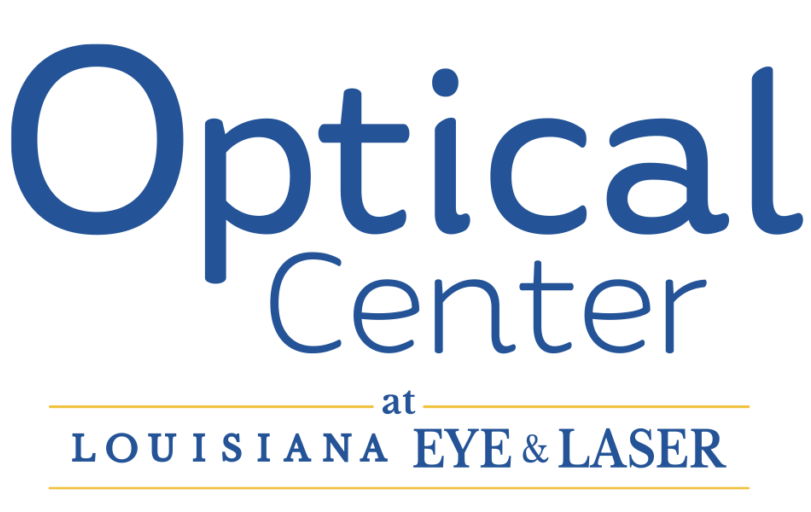Picking Lenses
Choosing the Right Lenses
Making the right choice can make all the difference
Selecting the perfect pair of prescription lenses can be a confusing process. You should begin by answering the following questions:
Will you be wearing your glasses…
- all the time or just occasionally?
- at work or when working on a computer?
- while participating in sports or pursuing hobbies?
- while driving or while outside?
- in conjunction with contact lenses?
Once you’ve established how you’ll be using your glasses, you can more accurately choose the style of lens and lens treatment options that best fit your needs.
Your eyecare professional can help you select the various lens options that are right for you. To help you better understand the many lens options, we’ve put together this handy guide to help you make an informed choice.

What are prescription lenses made of?
Today’s prescription lenses come in a variety of materials, from high tech to more traditional. Here’s a breakdown:
- High Index Plastic – the thinnest lenses; ideal for higher prescriptions and rimless frames; highly functional and versatile with attractive cosmetics.
- Trivex – Impact resistant and highly scratch resistant; designed to resist abuse; perfect for kids 18 and under, and for active wearers
- Plastic – The standard lens material; lighter than glass
- Glass – The heaviest of lens choices; functional and scratch resistant, but with the greatest risk of breakage
What are the differences in Prescription Lens Designs?
Just like there are different tools for different jobs, there are different lenses for different vision needs. Even contact wearers benefit from having a pair of prescription lenses.
Options include:
- Single Vision Lenses – the most common type, used for basic visual correction of farsightedness or nearsightedness.
- Progessives (No-line Multifocals) – a lens that has a correction for far, intermediate and near, all in one lens, without visible lines.
- Bifocal – two focus distances (near and far) in one lens with a visible line.
- Trifocal – three focus distances (distance, intermediate and near) in one lens with visible lines.
- Aspheric Lenses – thinner and lighter; improved cosmetic appearance.
- Speciality & Sport Lenses – specifically designed to provide safety or visual enhancement during work or recreation.
- Computer/Anti-fatique Lenses – with widespread use of computers and other electronic devices, many people develop symptoms of Visual Fatique Syndrome (VFS) or Comuter Vision Syndrome (CVS), including eyestrain, headaches, blurred vision and neck pain. Specialized lenses can now relieve these symptoms and provide clear, comfortable vision for prolonged computer use and other activities.
What are special lens types and treatments?
Once you’ve selected the material and design of your lens, enhance their functionality with a combination of the following additional lens types and special treatments.
- Photochromic Lenses – Like two pairs of glasses in one. These lenses automatically adjust to changing light and block 100% of harmful UV rays, indoors or out. The best of both worlds in a single pair of lenses.
- Polarized Lenses – the ultimate second pair of glasses? Prescription sunglasses! Eliminate blinding glare for optimal performance, comfort and enjoyment outdoors.
- UV Protection Treatment – Like sunscreen for your eyes, these lenses shield your eyes from harmful ultra-violet rays. Helps prevent cataracts, skin cancer and wrinkles.
- No-Glare Treatment – Add no-glare technology to your lenses and you’ll look your best while reducing eyestrain. (Improves night vision, too, by eliminating reflection and glare.)
- Scratch-Resistance Treatment – Protects your lenses from daily use and wear-and-tear by adding scratch-resistant technology. Helps resist smudging, fingerprints, dirt and water.
Who can help me make the right lens choice?
You may receive assistance from one of these eyecare professionals:
- Ophthalmologist – a medical doctor who specialized in eye health: gives eye exams, prescribes lenses, treats injuries and performs eye surgery.
- Optometrist – a doctor of optometry who performs eye exams and diagnoses, treats and manages diseases, injuries and disorders of the visual system.
- Optician – a technical practitioner who fits and dispenses corrective lenses in your prescription
Your eyecare professional is highly trained and can offer a lens solution that’s perfect fo you and your lifestyle. So don’t delay. Schedule eye appointments for you and your family today!




